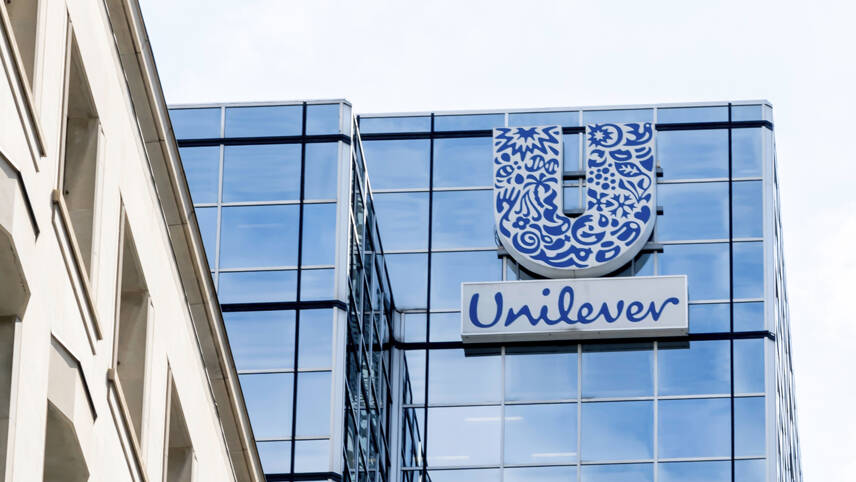Register for free and continue reading
Join our growing army of changemakers and get unlimited access to our premium content

The two companies announced the collaboration today (16 June). They have jointly pledged $120m of investment in the initiative, in what is being described as the largest single investment to date in biotechnology alternatives to palm oil and fossil-derived oils.
Genomatica has not yet announced, at this stage, which natural materials it will be using to make the “technology-driven, plant-based ingredient”. It has, however, stated that it is seeking to commercialise a material with a lifecycle carbon footprint at least 50% lower than traditional palm-derived ingredients. The reduction when compared with fossil fuel feedstocks is likely to be even steeper. Sustainable sourcing for the innovative material has also been promised.
Unilever committed in 2020 to removing all carbon derived from fossil fuels from its cleaning and laundry products within a decade. At present, there are few commercially viable alternatives to many of these ingredients. The Anglo-Dutch FMCG major is planning to invest in recycled, natural and captured-carbon-based ingredients to help scale a portfolio of alternatives. The Genomica tie-up forms part of the natural ingredients work.
On palm oil, Unilever has pledged to eliminate deforestation in all global supply chains by 2023 and to become ‘forest-positive’ by 2030. The latter commitment was made as part of a collaborative scheme from industry body the Consumer Goods Forum (CGF). Clearing land to make way for palm oil farming is estimated to have caused 5% of deforestation to date in tropical areas; key markets include Indonesia.
As well as replacing palm oil where possible, Unilever is aiming to improve the supply chain traceability of its remaining palm oil sourcing. The firm began trialling a blockchain solution developed by SAP earlier this year.
Palm oil is widely used because palm crops are very efficient – they are able to grow year-round and produce high quantities of oil. The material itself is useful for extending the shelf life of products and changing their texture, with no odour or colour. Unilever has stated that any alternative will have “no tradeoff for consumers” in terms of product efficacy.
With Unilever’s products being used by 3.2 billion people each day, the hope is that it can be a major contributor to efforts to develop and scale alternatives to fossil-fuel-derived ingredients and unsustainable palm. Unilever and Genomica are also seeking other strategic investors to join their partnership.
“This new venture will sit at the intersection of science and sustainability, meaning we can continue to grow our business without relying only on palm oil or fossil fuel derivatives and at the same time make our supply chains more resilient through having access to ingredient alternatives.,” said Unilever’s chief R&D officer Richard slater.
“Our technology enables pathways for alternative sourcing of materials whose supply chains often have limited social and environmental transparency, by offering more resilient supply chains that are transparent, traceable and responsibly sourced, as demanded by consumers,” added Genomica’s chief executive Christophe Schilling.


Please login or Register to leave a comment.